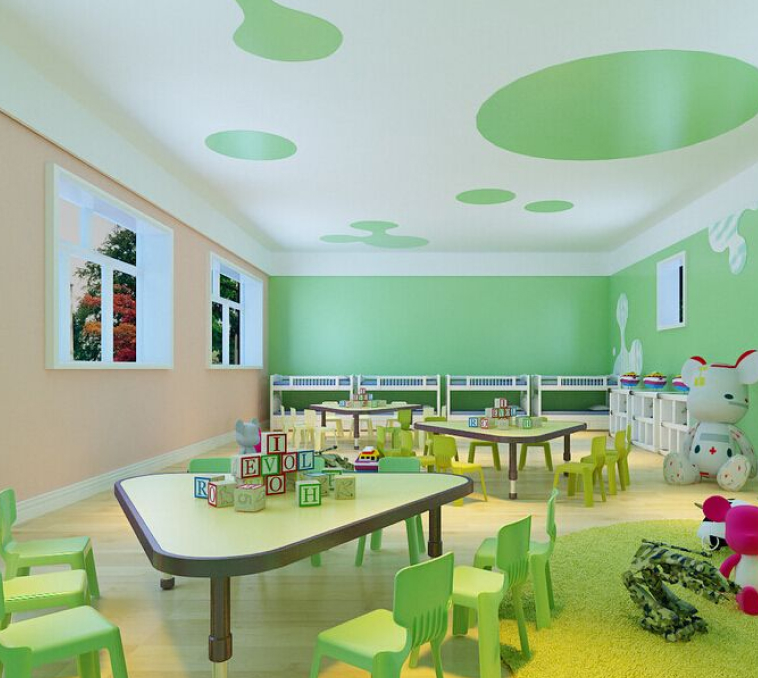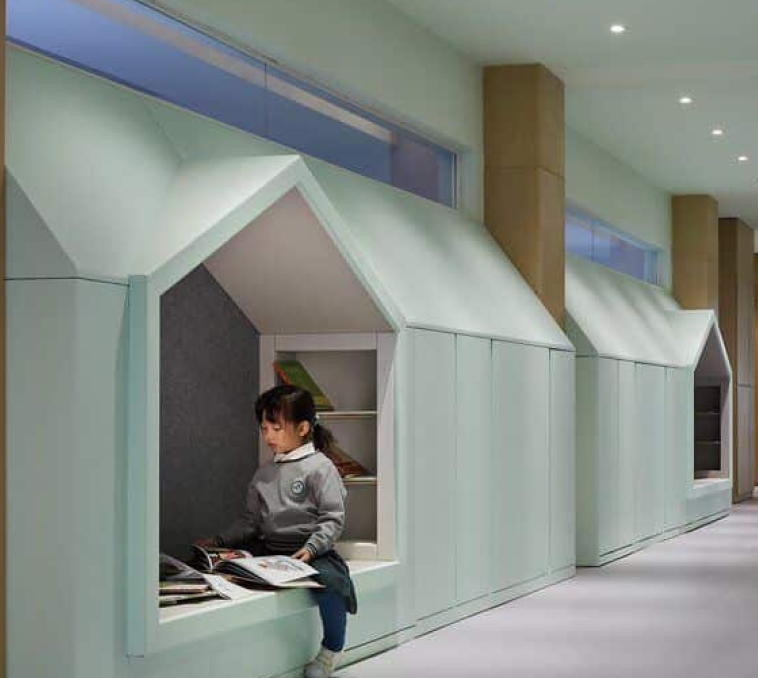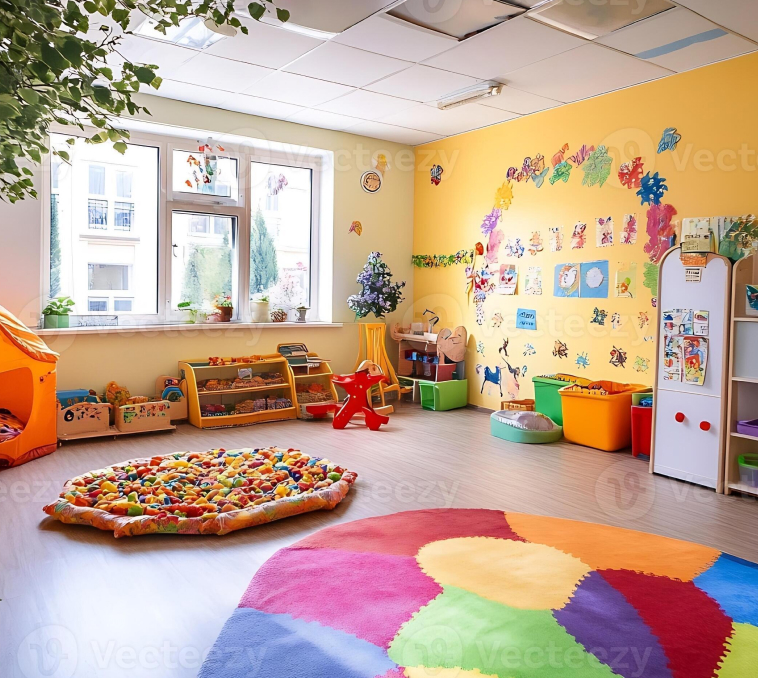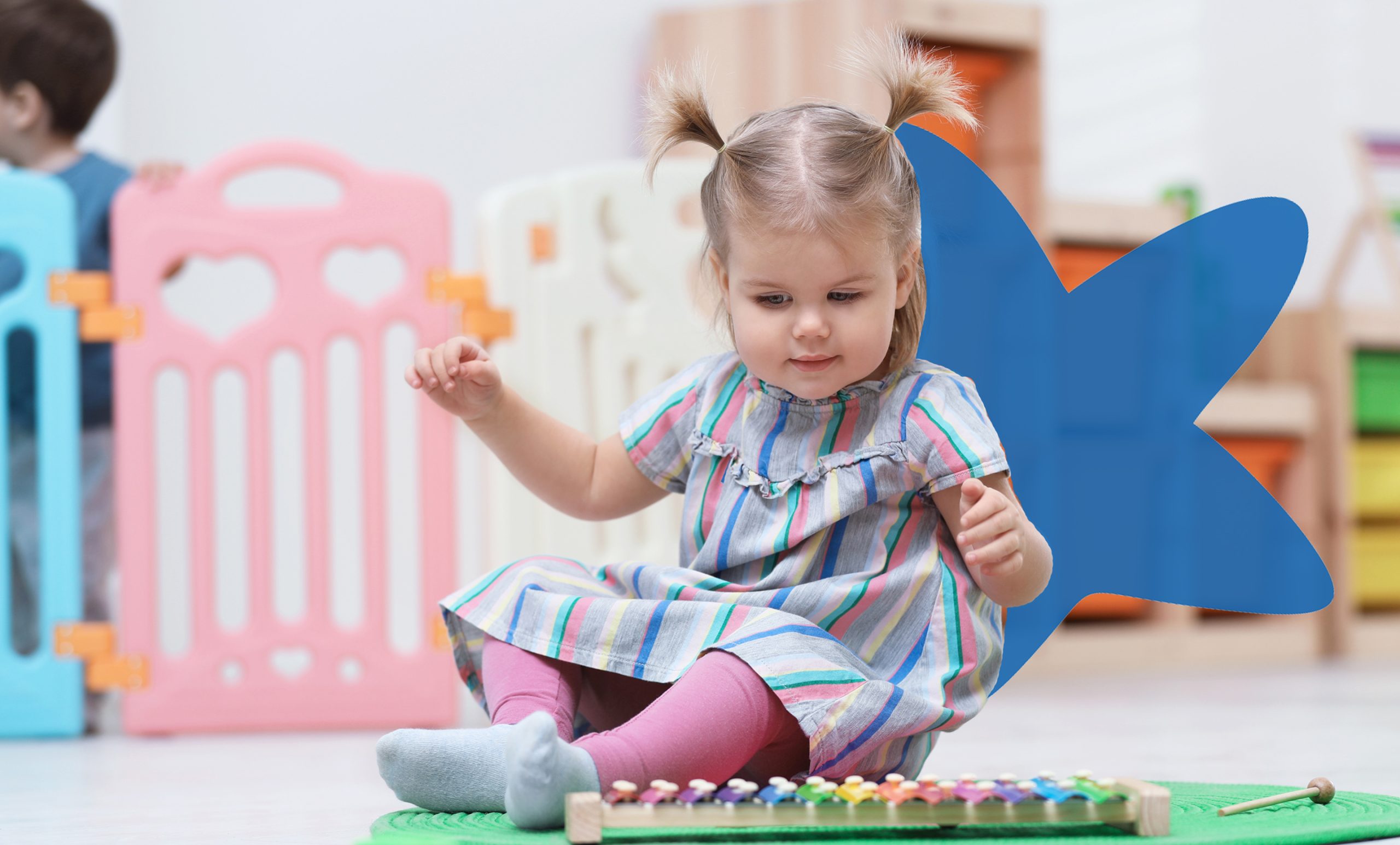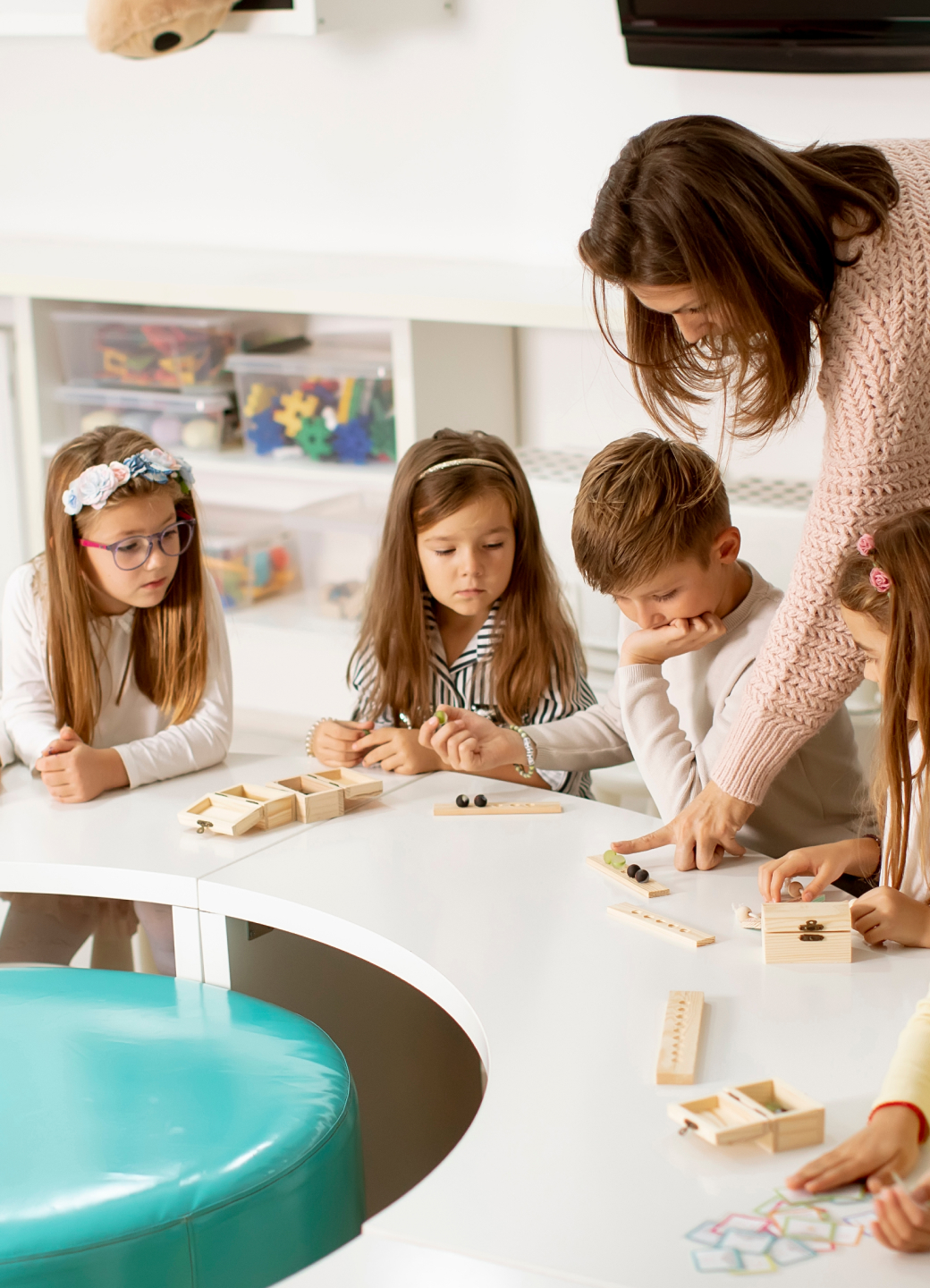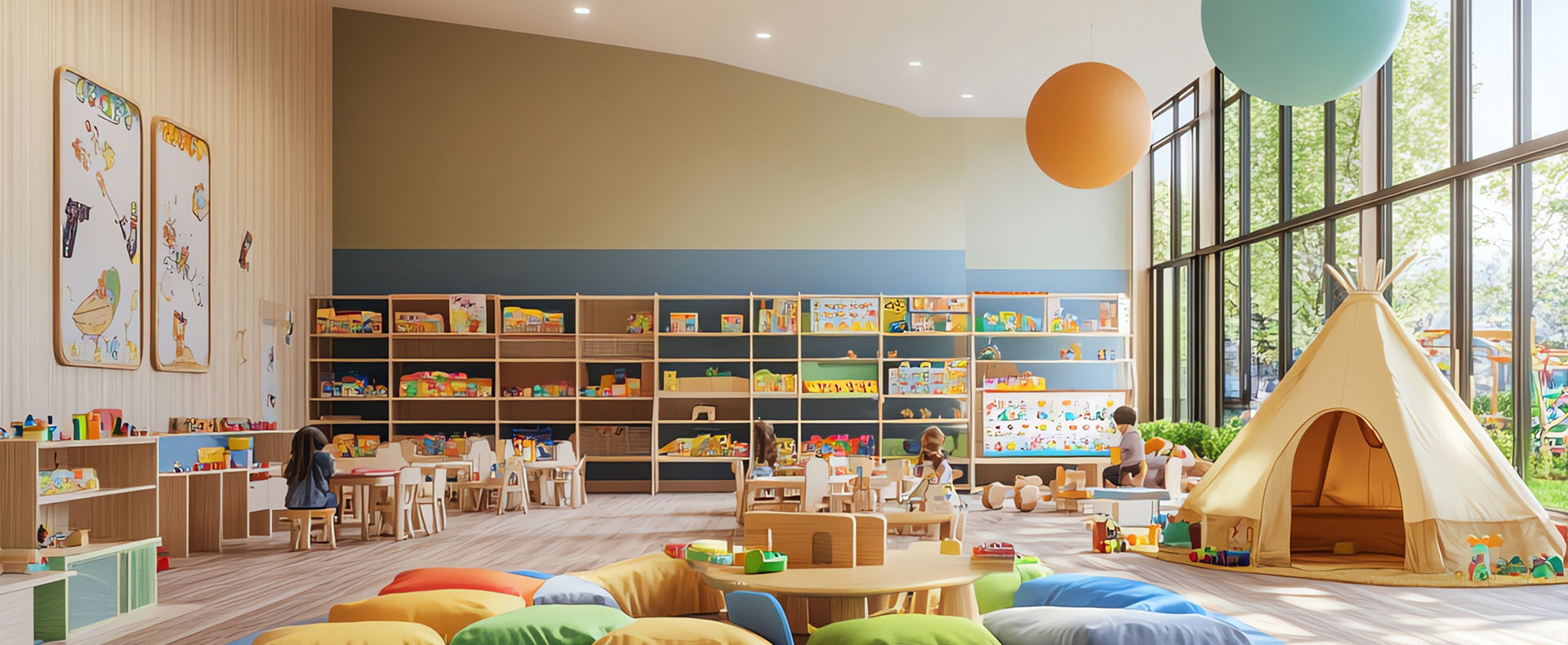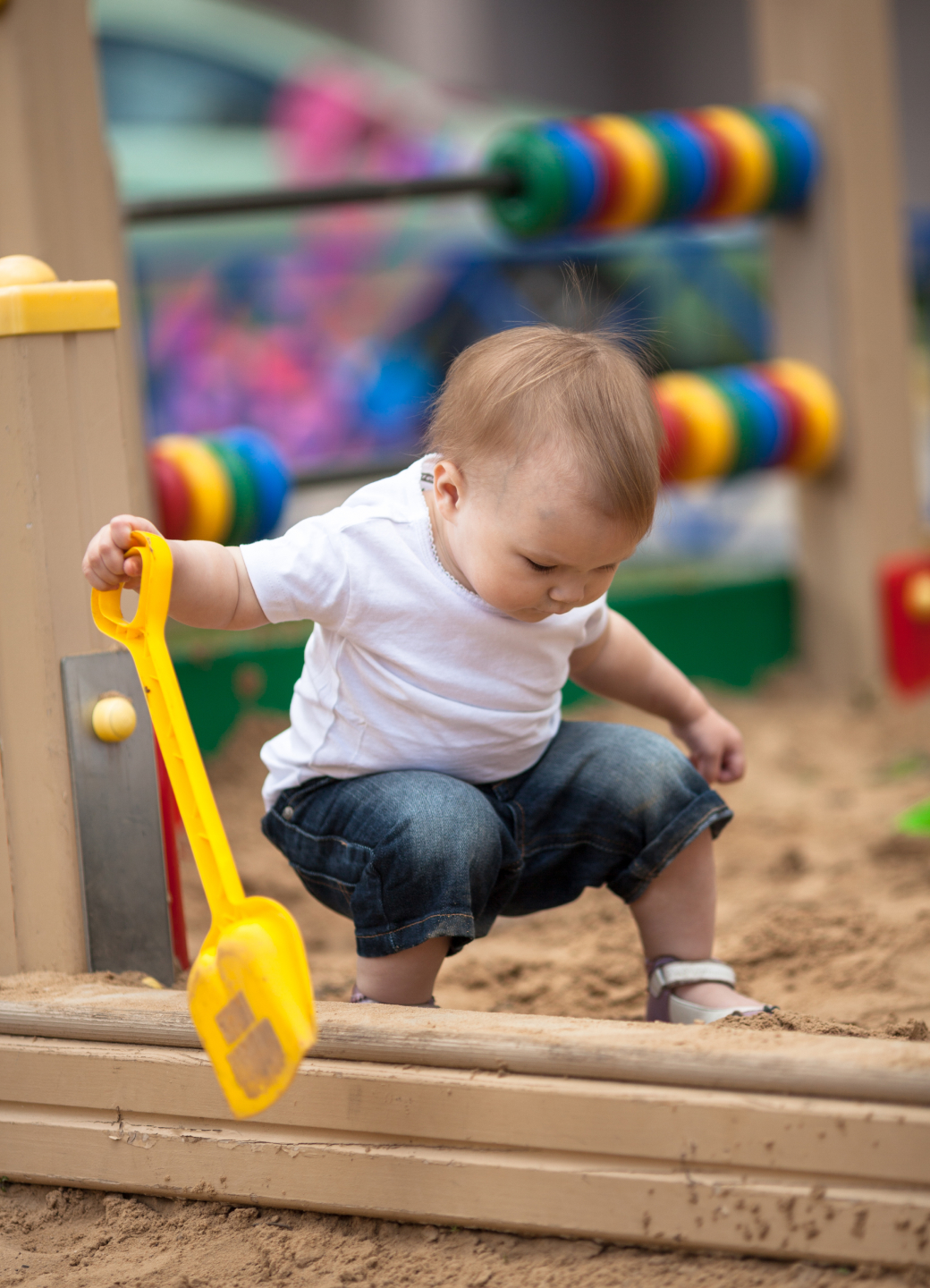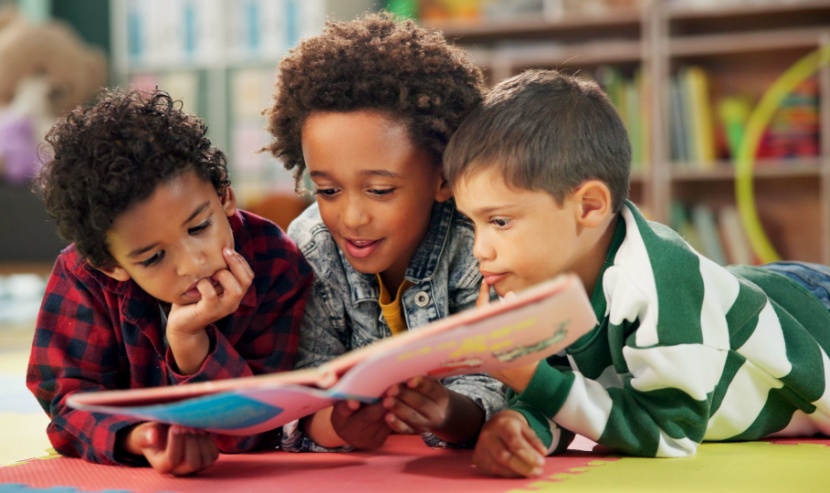
Literacy is a fundamental skill that opens the door to a lifetime of learning and exploration. The journey to becoming literate begins long before a child steps into a classroom and involves a complex interplay of cognitive, social and environmental factors. Understanding how children develop literacy can help parents and educators create supportive environments that nurture this essential skill.
The Early Beginnings
Literacy development starts in infancy, as babies begin to recognise sounds, patterns and rhythms in speech. From cooing and babbling to their first words, these early vocalisations lay the groundwork for language acquisition. Reading aloud to infants, even before they can comprehend the words, exposes them to the sounds and structures of language, fostering early literacy skills.
The Role of Play
Play is a powerful vehicle for literacy development. Through play, children experiment with language, storytelling and symbolic representation. Activities such as pretend play, drawing and singing encourage children to use language creatively and meaningfully. For example, when children engage in role-playing games, they often narrate their actions and dialogue, practising vocabulary and sentence construction.
Emergent Literacy
As children grow, they enter the emergent literacy stage, where they begin to understand that written words carry meaning. This stage is characterised by activities such as recognising letters, scribbling and “reading” picture books. Children may memorise stories and “read” them aloud, demonstrating their understanding of narrative structure and sequencing.
Parents and caregivers can support emergent literacy by providing a print-rich environment. Surrounding children with books, magazines and writing materials encourages exploration and engagement with written language. Interactive reading sessions, where children are encouraged to ask questions and discuss the story, further enhance their comprehension and critical thinking skills.
Formal Literacy Instruction
When children enter formal education, they receive systematic instruction in reading and writing. Phonics, the relationship between letters and sounds, is a key component of early literacy education. Learning to decode words enables children to read independently and with confidence.
Writing skills develop in tandem with reading. Children progress from drawing and scribbling to forming letters and words. Encouraging children to write stories, lists and letters helps them practise their writing skills and understand the purpose of written communication.
The Importance of a Supportive Environment
A child’s literacy journey is greatly influenced by the environment in which they learn and grow. At home, parents and caregivers play a crucial role in fostering a love of reading and writing. Simple activities such as reading together, visiting the library and encouraging storytelling create a positive literacy experience.
In early learning centres, educators can provide structured and stimulating literacy experiences. Classrooms equipped with diverse and engaging reading materials, along with activities that promote language and literacy, help children build a strong foundation. Collaborative projects, group reading sessions and literacy-focused play further reinforce these skills.
Children develop literacy skills through a combination of early exposure, play, formal instruction and a supportive environment. By nurturing a love of language at home and in early learning centres, parents and educators can set the stage for lifelong learning and success.

